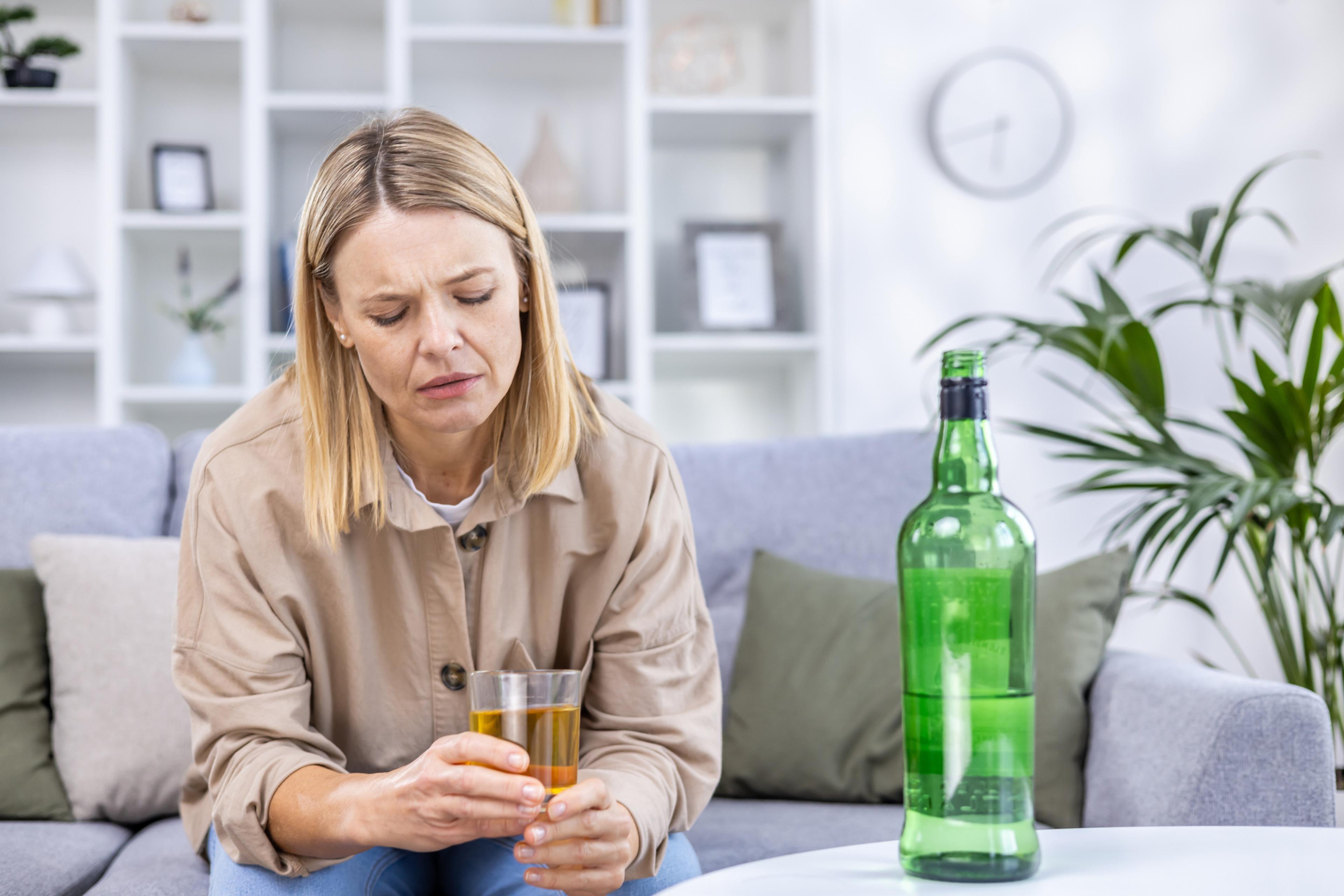Why Too Much Time on Social Media Can Hurt Teens’ Mental Health
Shandra Martinez
| 4 min read

In many households, a teenager’s phone is as much a part of the dinner table setup as the napkins or saltshaker. Some young people can’t get through a meal without slipping their phone from their pocket to text a friend – or see what someone has texted to them. If older kids are watching a movie in the living room, they’re also likely scrolling through their Instagram or Snapchat feeds. They use it for entertainment, to express themselves among their peers, and to keep track of what their friends are doing. This tech multi-tasking is so pervasive, their phones are often the last thing they look at before they fall asleep each night. But too much time on social media can hurt your teen’s mental health, research shows.
During the pandemic, parents have seen that social media could be a needed form of connection for their tweens and teens, especially when school shutdowns and remote classes stopped much of the regular interactions kids were used to. Many kids felt supported by their friends, if only online. But texts, tweets and shared photos can’t replace real interaction that helps teens build relationships and learn about themselves and the world.
Screen time by the numbers. One thing most children ages 8 to 18 have in common is the tremendous amount of screen time in their days. Young people in that age group spend about 7.5 hours using a screen for entertainment each day, according to research referenced by the Centers for Disease Control and Prevention. That does not include time they rack up in front of screens for schoolwork. The CDC recommends teens have no more than two hours of non-school screen time each day, and that they balance that with at least an hour spent outside getting some physical activity.
Risks of too much social media. Teens spend a lot of this extra screen time each day on social media. Some of the most popular platforms – Instagram, Snapchat, TikTok – can feel almost addictive: by scrolling just a little longer or watching one more person’s video, they might find something they like or want to comment on. But all this screen skimming can have a negative impact on teens’ mental health, according to the Mayo Clinic. It can disrupt their sleep, distract them from other things they need to get done, increase peer pressure and give them an unrealistic idea of what other people’s lives are like. It can also make them more susceptible to bullying behavior that seems easier to dish out on a keyboard than in person.
Some studies have linked depression and anxiety issues in teens with large amounts of time spent on social media. One study found that teens had a higher risk of mental health problems if they spent more than three hours a day engaged on social media.
Part of parenting teens is helping them set healthy limits on social media and showing them how it can be part of a balanced life. Here are some ways to encourage moderation:
- In-person interaction: If possible, encourage your teen to go for walks with friends, or meet them for an outside activity in place of video chats or texting.
- Know what’s going on online: Especially for younger teens, it’s important to monitor their social media accounts, even if it’s just checking in once a week. This sets expectations for what kids should be sharing and how they should be interacting online. It might also help you detect any bullying – from your child or aimed at them – before it progresses.
- Model good social media behavior: It’s hard to talk to kids about too much social media if you are scrolling on your phone through dinner, texting while your kids are talking to you, or glued to your screen way past your own bedtime. Talk to them about when it’s appropriate to use social media, then follow your own advice.
Related:
Photo credit: Getty





